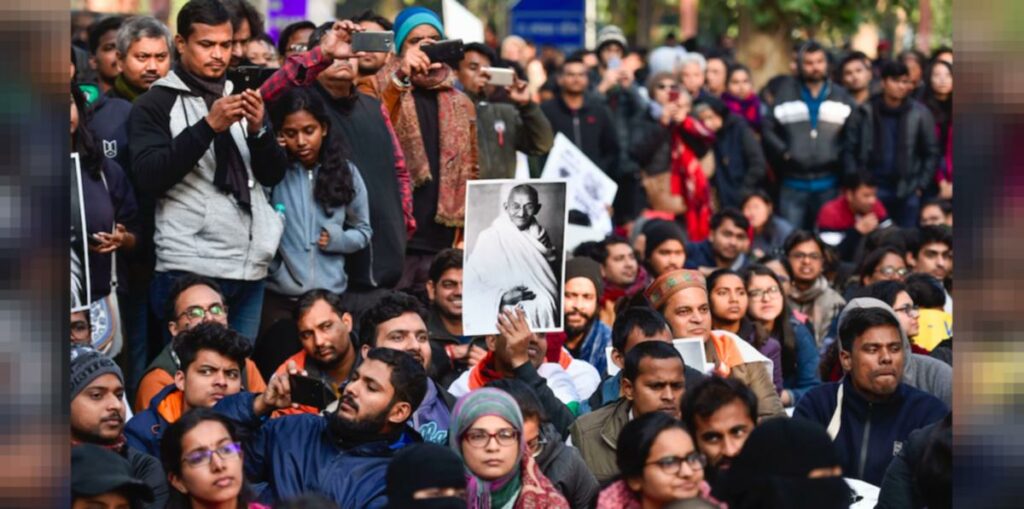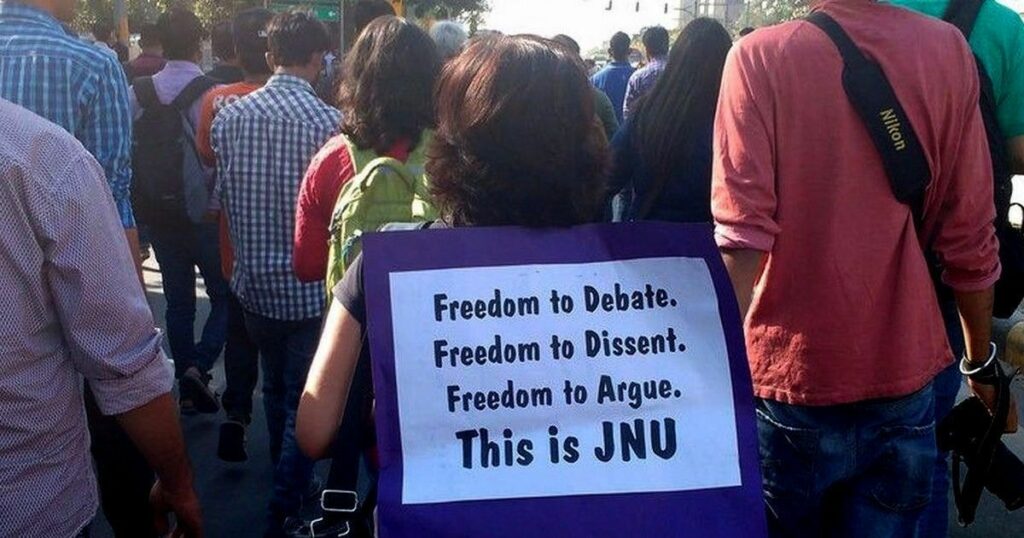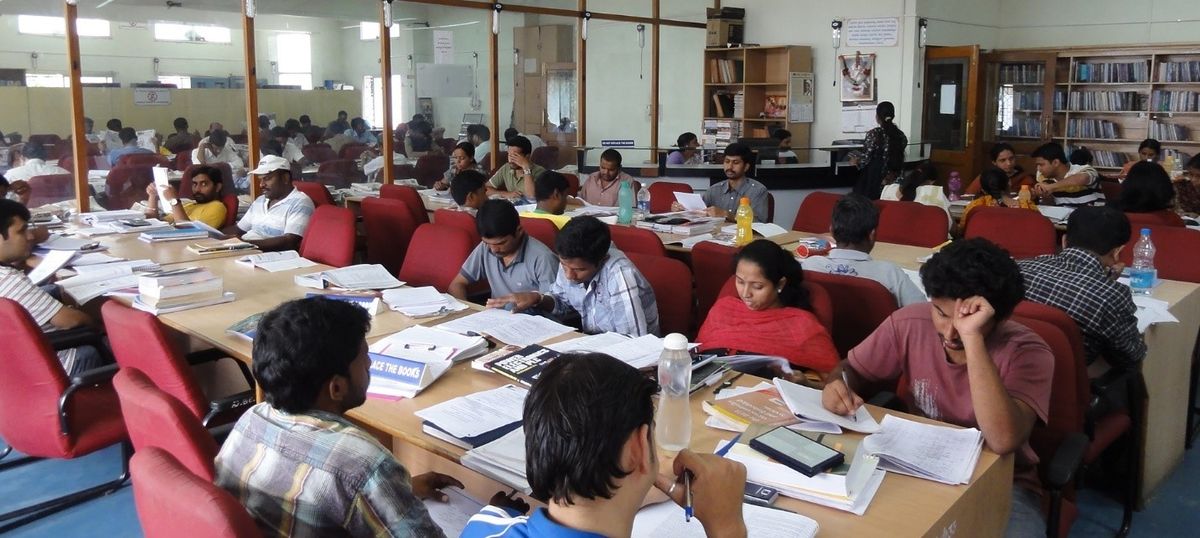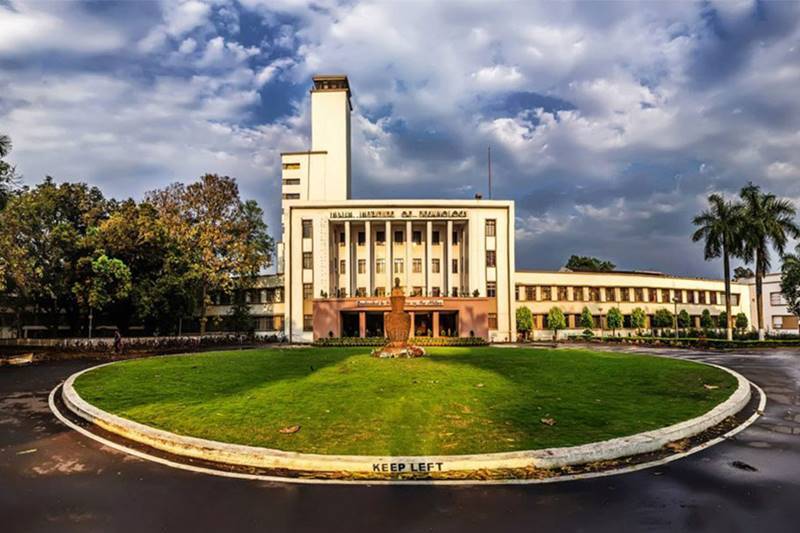Academic freedom in India is protected by the Constitution of India, which guarantees the right to freedom and expression. The right to academic freedom is also recognised by the UGC (University Grants Commission), which is recognised to be the apex regulatory body for higher education in India. The Indian Constitution recognises India as a democracy in the Preamble where its citizens hold the right to express their opinion on various matters. Along with this, the existence of Article 19 ensures citizens’ freedom of speech and expression ensuring unbridled academic freedom.
However, there have been instances where academic freedom has been curtailed in India. For example, in recent years, there have been cases where researchers and professors have faced pressure from governmental authorities for expressing views that are critical of the ruling party or the government. In some extreme cases, this has led to academic institutions taking punitive action against these individuals.
What does the Academic Freedom Index Report tell us?
The Academic Freedom Index (AFI) was initially launched in 2019, this project is a collaborative effort of multiple researchers recognised to be from the V-Dem Institute, Friedrich- Alexander – Universitat Erlangen-Nurnberg (FAU), the Scholars from Risk Network and also from the Global Public Policy Institute (GPPI). V-Dem and FAU at present continue to implement the project with support from the German Volkswagen Foundation.
The AFI ranking depends upon five important factors: 1. Freedom to research and teach, 2. Freedom of academic exchange and dissemination, 3. Institutional autonomy of universities, 4. Campus integrity, 5. The freedom of academic and cultural expression. The results are scaled and derived from the data brought in by nearly 2000 experts. This data is analysed and integrated using a Bayesian measurement model by V-Dem. The score scale for the same is from 0 (low) – 1 (high).

The recent AFI report revealed that India holds a place in the bottom 30 per cent amongst the 179 countries in terms of academic freedom in the year 2022. “Around 2013, all aspects of academic freedom began to decline strongly, reinforced with Narendra Modi’s election as prime minister in 2014. Campus integrity, institutional autonomy, and the freedom of academic and cultural expression declined more strongly over the following years than the freedom to reach and teach and the freedom of academic exchange and dissemination” read the report.
The report identified 22 countries that experience remarkably less freedom at present when compared to the scenario of ten years back, the list of countries included China, India, the United States and Mexico. Only countries like Gambia, Uzbekistan, Seychelles, Montenegro and Kazakhstan which constitute about 0.7 per cent of the global population have seen an improvement in their rankings. The 152 remaining countries have stayed stagnant. The report revealed that the academic freedom of an average global citizen has declined drastically as today it is synonymous with the levels recorded and registered about 4 decades back.
Also Read: Caste-Based Discrimination Rampant In Higher Educational Institutions, Affirms Study
The latest report revealed a score of 0.38 in AFI, lower than that of Pakistan which is 0.43 and the United States which is 0.79. India’s freedom index score was the highest from the years 1950 to 2012 excluding the years 1974 to 1978, the score during these years ranged from 0.60 to 0.70.
What pulled India into the bottom score
According to the report, India scored poorly in the sections “Campus Integrity” and “Institutional autonomy.” The score point “campus integrity” measures the extent to which every campus is free from vigilantism and politically influenced security and surveillance infringements while “institutional autonomy” refers to the cultural and academic expression and freedom of speech related to political issues. India, however, has scored a slightly better percentage for the indicator “freedom to research and teach and freedom of academic exchange.”
The lack of a proper legal framework to protect academic freedom has made the country’s academic freedom vulnerable under the ruling government according to the report. “What distinguishes India from other cases is notable pressure on the institutional dimensions of academic freedom — institutional autonomy and campus integrity — combined with constraints on the academic freedom of expression” claims the AFI report.

The report also mentions, “Although there is undoubtedly sub-national variation at the institutional level and across disciplines, it is noteworthy that the freedom to research and teach and the freedom to exchange research findings are less constrained than the other dimensions of academic freedom.”
Furthermore, there have been cases where academic freedom has been limited due to other factors such as lack of funding or institutional support. Numerous colleges and universities in India are underfunded and lack the resources needed to support research and academic activities. This can lead to a situation where academics are unable to pursue research that is deemed critical, due to a lack of resources or institutional support.
Also Read: Gender In Academia: Women In Higher Education Must Be Retained And Transformed Into Workforce
Academic freedom is nevertheless seen as an important principle in India, where numerous academics and institutions are working to advance and defend this right. There have also been efforts to strengthen academic freedom protections in India, such as the recent draft of the Education Policy, which emphasises the importance of academic freedom and autonomy for higher education institutions.
Some measures taken by the government
The Indian government has taken various steps to protect the academic freedom of the country. Some of those are 1) The University Grants Commission (UGC) is the regulatory body that oversees higher education in India. The UGC has been given autonomy to ensure that universities operate independently. 2) The government has established the National Education Policy (NEP) to promote academic freedom and encourage research and innovation in higher education. 3) The government has established the Indian Council of Social Science Research (ICSSR) and the Indian Council of Historical Research (ICHR) to promote research and scholarship in the social sciences and humanities. 4) The Right to Information Act, of 2005, provides citizens with the right to access information held by public authorities, including academic institutions.
Also Read: Legitimising One Kind Of Ability & Objectivity: Our Academic Culture Needs Serious Reconsideration

These are a few of the measures the Indian government has taken to guarantee academic freedom. Yet, constant attention and initiatives to safeguard and advance academic freedom are indeed needed at the moment.
About the author(s)
Elizabeth has completed her Master's in English at Manipal University. She loves to write and is hopeful about bringing a change through her writings and when exhausted by it she often indulges in films, music and tv shows.






